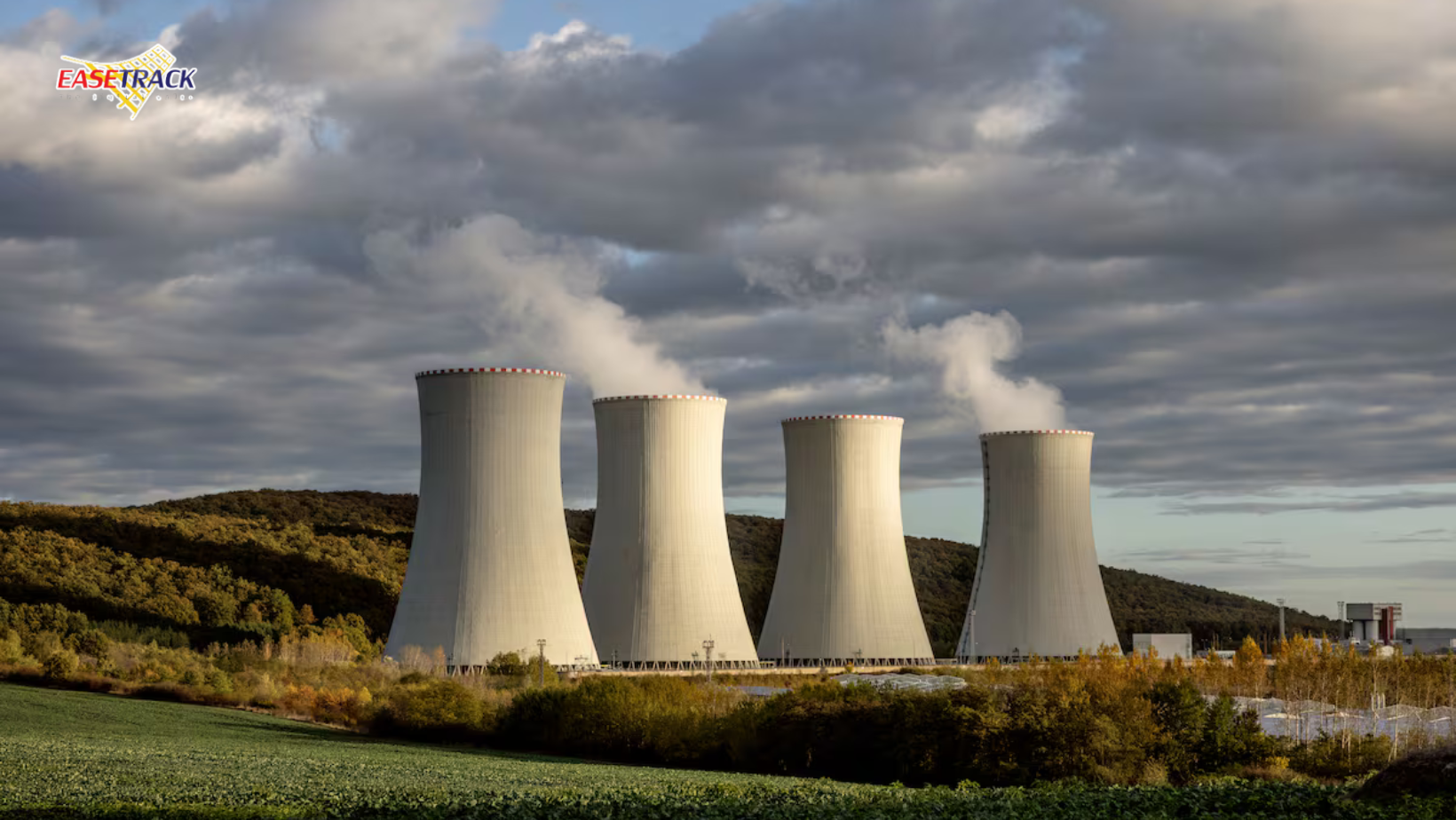
Amazon is a well-known company, not only as one of the largest and most experienced online marketplaces but also as one of the largest Data Center providers. What many people may not know is that Amazon also owns and operates nuclear power plants.
Recently, AWS, Amazon’s cloud subsidiary, purchased a $650 million nuclear-powered Data Center from Talen Energy in Pennsylvania. This deal indicates Amazon’s expansion plans, but looking deeper, Amazon’s purchase of a nuclear power plant reflects a growing issue that Amazon and other tech giants are facing: the unlimited energy demands driven by AI.
In the case of Amazon, AWS bought Talen Energy’s nuclear-powered Data Center in Pennsylvania to place its rapidly expanding AI data centers close to an energy source to meet the massive energy demands created by AI. This strategy signals an emerging energy problem as AI becomes more integrated into everyday consumer life—from internet searches to smart devices to automobiles.
Companies like Google, Apple, and Tesla continue to develop AI capabilities with new products and services, each requiring enormous processing power, which translates into significant electricity usage through energy-hungry Data Centers.
It is estimated that by 2027, global electricity consumption related to AI could increase by 64%, potentially reaching 134 Terawatt-hours per year—equivalent to the electricity consumption of countries like the Netherlands or Sweden. This raises the critical question of how Big Tech companies will manage the future energy demands that AI innovations will require.
Sasha Luccioni, a renowned researcher and data scientist who serves as AI and Climate Lead at Hugging Face, a company developing tools for AI applications, explained that while training AI models consumes a lot of energy (e.g., training the GPT-3 model used about 1,300 Megawatt-hours), this usually happens only once. However, during the inference phase, where the model generates answers, even more energy might be required due to the sheer volume of queries. For instance, when a user asks a question to an AI model like ChatGPT, the request is sent to a Data Center with powerful processors to generate a response. Although this process is fast, it consumes ten times more energy than a typical Google search.
The largest energy consumers are Big Tech companies, known as Hyperscalers, with the capacity to rapidly scale AI through their cloud services. Microsoft, Alphabet, Meta, and Amazon alone are expected to spend $189 billion on AI in 2024.
As AI’s energy consumption grows, it increases pressure on already-strained energy systems. By 2030, global energy demand from Data Centers is projected to increase by 160%, possibly accounting for 8% of total U.S. electricity demand.
Nevertheless, renewable energy remains a key part of the strategy for tech giants, even though it may not fully meet AI’s energy needs. Microsoft has signed the largest corporate power purchase agreement ever with Brookfield, a global asset management giant, to deliver over 10.5 gigawatts of new renewable energy capacity worldwide through wind, solar, and other carbon-free technologies. The company has also heavily invested in carbon removal efforts to offset 8.2 million tons of industrial greenhouse gas emissions.
Similarly, Amazon has heavily invested in renewable energy, positioning itself as the world’s largest corporate buyer of renewable energy for the fourth consecutive year. The company’s portfolio now includes enough wind and solar energy to power 7.2 million U.S. homes annually.
Beyond sourcing cleaner energy, Big Tech companies are also investing in efficiency. For example, Google is developing dedicated AI chips like the Tensor Processing Unit (TPU), optimized for AI tasks, instead of using graphical processing units (GPUs) originally built for gaming technology. Nvidia claims that its latest Blackwell GPU can reduce energy consumption and AI model costs by up to 25 times compared to previous versions.
Source: yahoo.com
